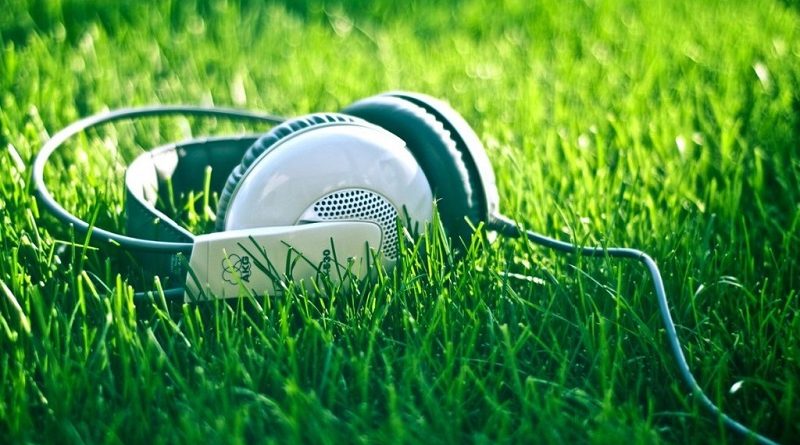Music for your well-being – The benefits of music therapy
I often say on our blog: there is no perfect formula for good health. There are, however, several ways to deal with stress, bad habits and problems of the sort that we often overlook, at work and at home. When we give advice on diet to follow, on the errors to be avoided, on physical activities to be performed more frequently, we always well in mind the key to making all these therapies actually work well-being: the will power.
We have to want to improve themselves: if then we must “strengthen” our will, what could you do? the answer is really interesting: listen to music for your well being!

The music therapy provides for the use of music (or also of particular musical elements) to obtain the psycho-physical benefits. From the scientific point of view, music therapy is a branch of science that studies the relationship between humans and complex sounds. It is a paramedical discipline that is spreading more and more, supporting the most common medical therapies for the treatment or prevention of various diseases.
What are the positive effects experienced by those undergoing music therapy?
Music therapy promotes the openness to communication and relations with other people. It is an effect that directly affects the individual’s psyche but, among all, is perhaps one of the most subjective effects and varies from case to case. In practice this specific case also favors the relaxation of the patient and stimulates a better understanding, to address the obstacles that often set ourselves alone.
You may also like to read another article on MenHealthCare: Foods that worsen your inflammation
Music therapy promotes the learning capacity and organization : in this case it touches the person’s emotional sphere. Through the work of the music therapist creates a bond with the patient that causes them to open up and reflect on their feelings in order to have greater awareness.
Music therapy also promotes the development or of the person’s motor skills recovery, through physical exercises based on the rhythm to support a patient’s physical recovery.
These practices are particularly useful for treating cases of infantile autism, mental retardation or physical disabilities, but not only. Its applications also refer to mental disorders such as dementia, psychosis and mood disorders.




